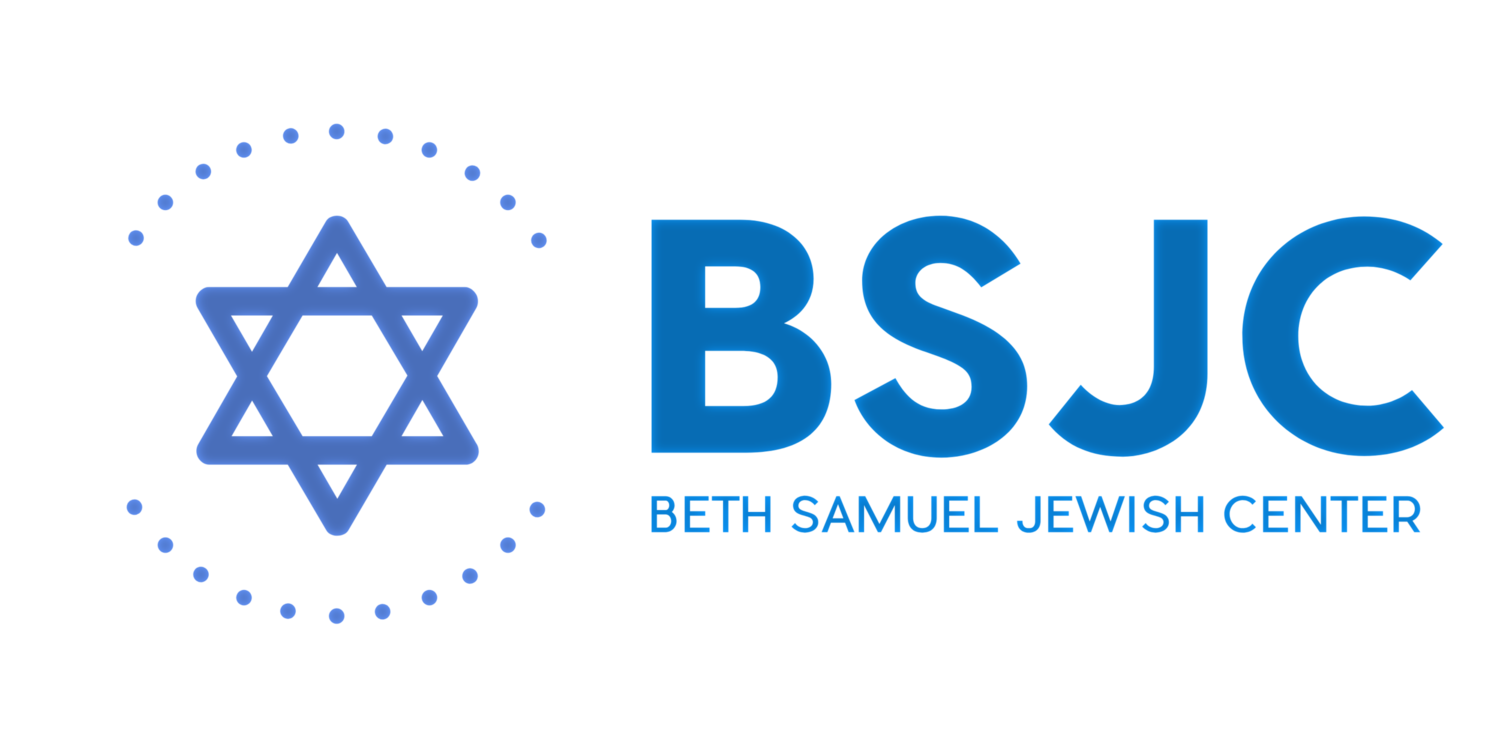February 2020
/ Over the last several months I have been doing some extra teaching throughout our Saturday morning services. I have added explanations here and there about some of the traditions and reasons regarding how we move, bending and bowing, call and response, etc. We have also re-instated the Ashrei prayer, which is probably familiar to many. It begins, “Ashrei yoshvei veitecha, od yehallelucha sela,” “Happy are those who dwell in your house, they are ever praising You.”
The verses of Ashrei are arranged alphabetically, which used to be an aid to memorization. It is now read from the prayer book, responsively, in the morning on weekdays and Shabbat. This prayer actually occurs a second time toward the end of the morning service, and it begins the mincha service in the afternoon (as well as the Selichot service).
According to the Talmud, whoever recites this psalm three times daily is assured of his/her place in “olam haba,” the world to come. The word “ashrei” appears three times in the beginning of the prayer, paralleling the three times a day we recite it.
Great importance has also been attached to this prayer because it includes the statement in verse 16, “Poteach et yadecha...,” “You open Your hand and satisfy every living thing with favor.” This is said to be our proclamation of God’s care and sustenance of all creatures. Some people, when they reach this verse, open the palm of their own hand as a symbolic gesture toward heaven and as a sign of receiving abundance from above.
This is the kind of thing I have been mentioning in our Saturday services and the feedback is that it enhances your Shabbat service experience. So, I invite you to stop in on a Saturday if you haven’t attended lately, and see what interesting things you may learn!



